Producer’s Pride Universal Poultry Pen, 24 Chicken Capacity, 8 ft. x 8 ft.
Chickens will love to roam and stretch their wings in the Producer’s Pride Universal Poultry Pen. At 8 ft. x 8 ft., this extra-large run offers plenty of room for your flock to explore. It’s made from durable steel to keep out the strongest of predators, and the panels are strategically spaced to prevent any predators from sneaking in. A powder-coat finish protects the chicken pen from wear and tear. The door is large for convenient access and features a 2-way locking latch. Compatible with most padlocks. Easy to assemble.
Chickens will love to roam and stretch their wings in the Producer’s Pride Universal Poultry Pen. At 8 ft. x 8 ft., this extra-large run offers plenty of room for your flock to explore. It’s made from durable steel to keep out the strongest of predators, and the panels are strategically spaced to prevent any predators from sneaking in. A powder-coat finish protects the chicken pen from wear and tear. The door is large for convenient access and features a 2-way locking latch. Compatible with most padlocks. Easy to assemble.
- Accommodates as many as 24 chickens
- Sturdy steel frame with welded-wire construction offers long-lasting use
- Powder-coat finish protects the chicken pen from rust and deterioration
- Covered by a strong, welded-wire roof
- Extra-large run offers a generous amount of space for chickens to roam and explore
- Large access door makes it easy to get in and out of the chicken pen and is compatible with most padlocks
- Secured by a 2-way heavy-duty locking latch
- 1.83 in. x 1.96 in. (46.5 mm x 50 mm) spacing at the bottom of the panels for predator resistance
- Includes a removable wire panel for customization
- Easy to assemble; simply connect each panel with the clamps
- Connects to other pens to create a larger pen (sold separately)
- Overall dimensions of the chicken pen: 8 ft. W x 8.4 ft. D x 6.7 ft. H (7.43 m W x 2.57 m D x 2.05 m H)
- Made in China
Additional information
| Choose Your Flock Size | Large (11-20 birds) |
|---|---|
| Coop Height Range | 70 in – 80 in |
| Coop Length Range | 90 in – 100 in |
| Coop Width Range | >70 in. |
| Roof Material | Steel |
| Manufacturer Part Number | CR0808 |

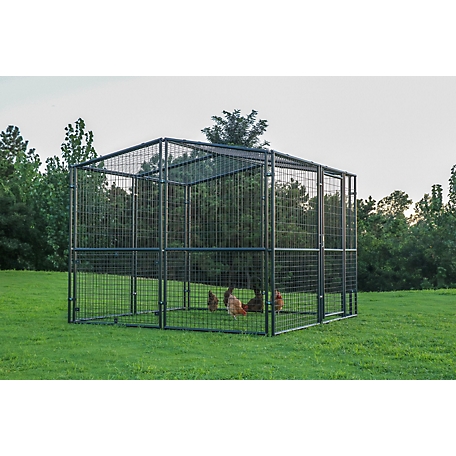
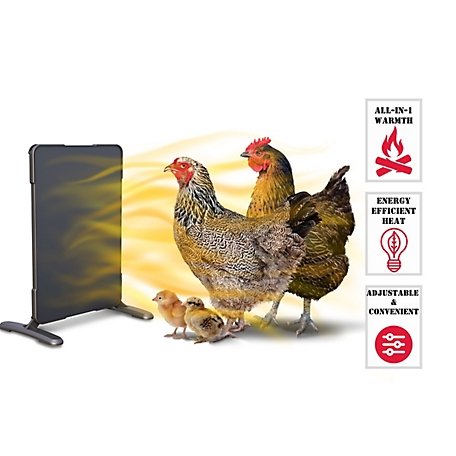
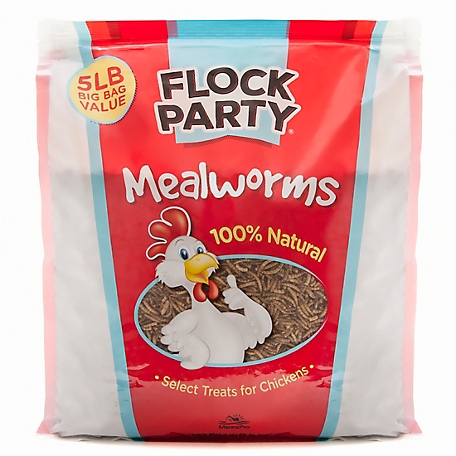
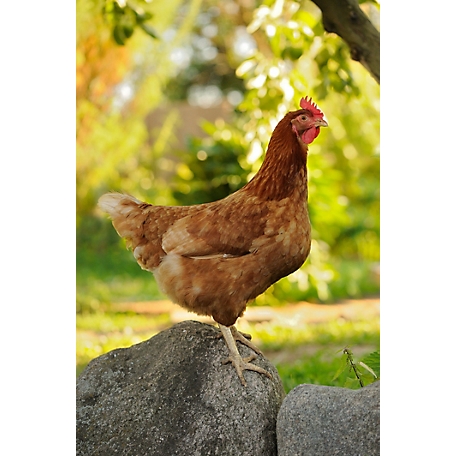
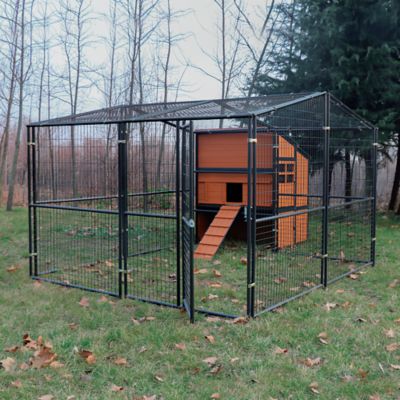
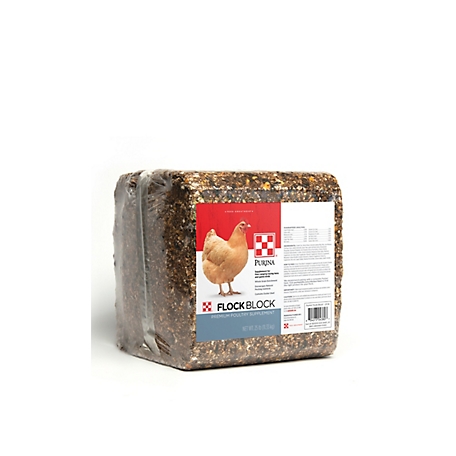
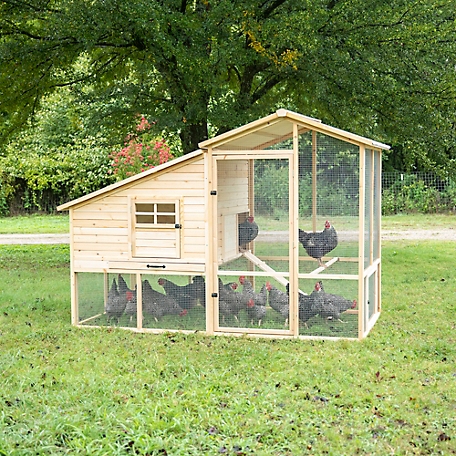
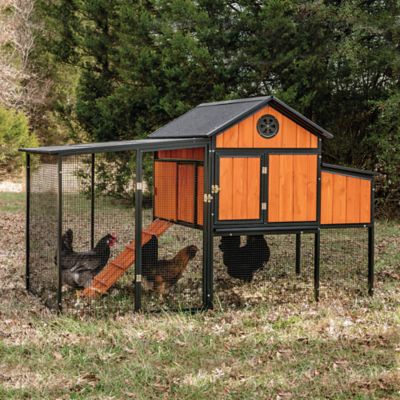
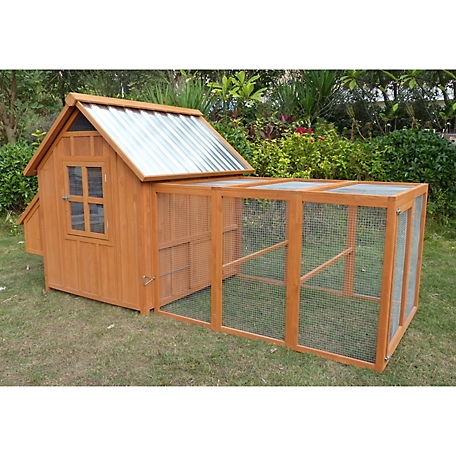
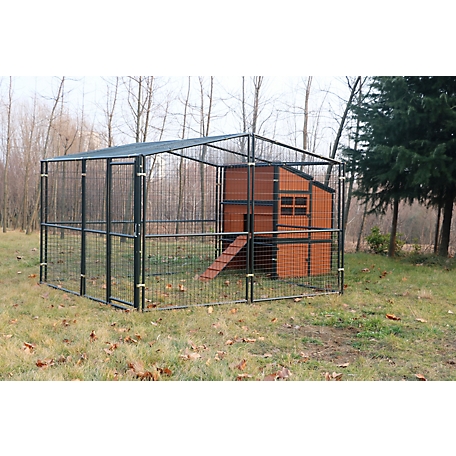
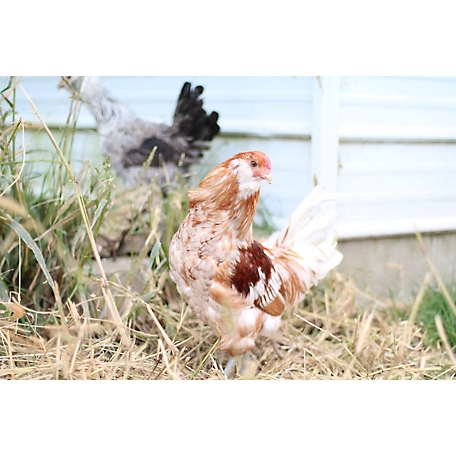
by Tonya
Bought 3 pens and the quality of the product is high, all parts required for assembly were present, paint finish great, and units were easy to assemble. Two complaints: 1) One of the pens was damaged after removal of shrinkwrap. Tractor Supply team was very good about arranging for replacing the damaged panels & door. Unfortunately the replacement also had shipping damage hidden by the shrinkwrap. 2) Highly recommend that Producer’s Pride also make available special walk-through end panels that allow multiple pens to be connected together.
by Earl
We use this as a catio for our cats. Knowing that nothing can get in to harm them and they can get outside time with plenty of space is nice. We bought a window cat flap door so they can go in and out whenever they want. The cage is strong and we got it put together easily.
by Itchy
Great size and manageable. Easy to construct and take down with little assistance. Durable and sturdy construction. I highly recommend this. A cover would be nice for it.
by Theo
This pen is sturdy and looks appealing. Easy to put together with 2 people. The tarp for the roof was unavailable so we had to order a tarp elsewhere. But love that this pen has a roof structure built into it.
by Robin
Great chicken run. I’ve used many retriever products. This requires a bit more attention as there are multiple sizes of brackets, and the two sides aren’t the same in some, but it goes together well. Helpful to have a second person for the roof.
by Walter
We needed an enclosure for an established flock of six hens that we adopted. Set up was straightforward, and the bump-out panel could accommodate the homemade coop that we got with the chickens. Provides enough room for them to move around, and we added a larger run that they can access via the door when open. Getting the taller pen (so that we can walk in without stooping) was a great idea!